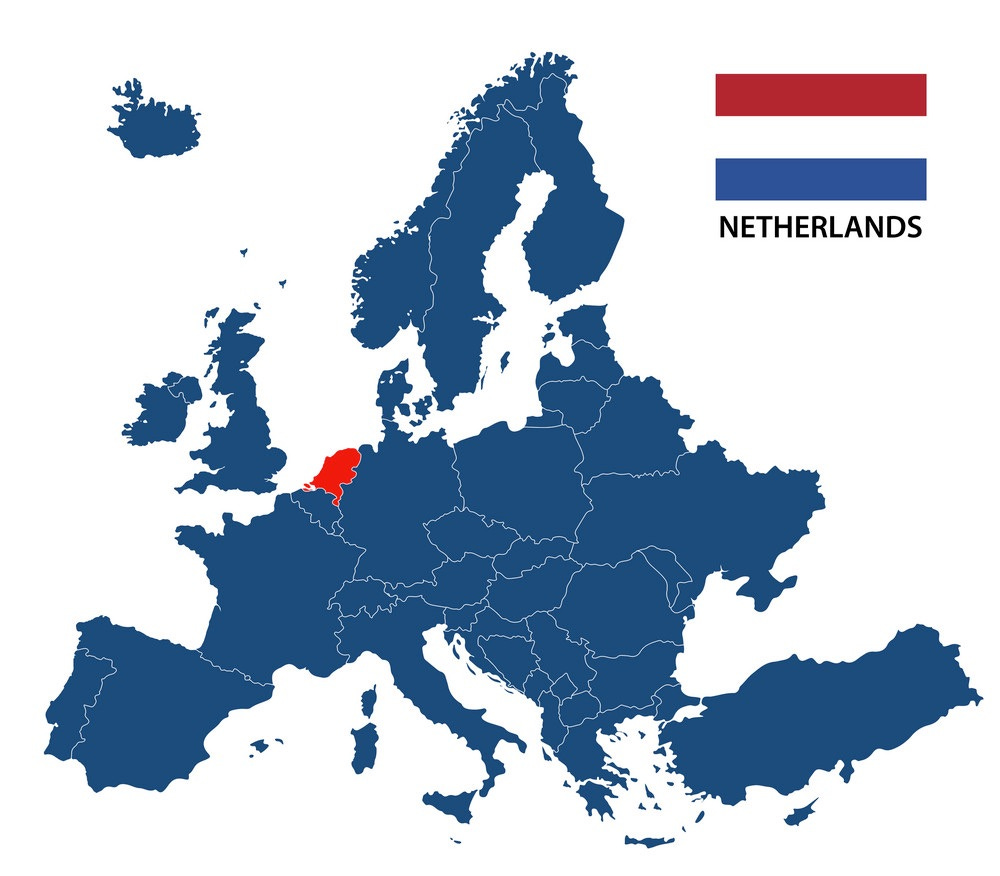Unpopular Science 230705
Nonintuitive facts about the Netherlands and climate change
Introducing our new series
Personal Science is about using the techniques of science for personal, rather than professional reasons. Those of us who try to live by Personal Science ideals — skepticism, open-mindedness, an emphasis on personal data — will naturally bump into ideas that are unpopular.
Popular ideas need no special protection. You don’t need a newsletter that summarizes popular ideas. Similarly, what’s the point of reading something that fits the “scientific consensus”? You’ll get plenty of that from “mainstream” sources, who will always have more resources and can do a much better job explaining and defending themselves than we can.
Personal Science is already outside the mainstream, so for new ideas we’re free to wander outside the scope of “consensus” scientists, and that’s what you’ll see here. In this series of posts, we’ll link to articles, books, and ideas that many — perhaps most — mainstream scientists find problematic, even dangerous. We’re not talking (necessarily) about conspiracy theories or the stuff of paranoid delusions — ideas the presuppose the existence of an evil cabal trying to prevent you from seeing the Truth. No, we’re talking about reasonable conjectures that are perhaps — probably — wrong, but that by expanding the space of ideas, might lead to some unique ways of seeing, We’re just asking questions.
Unfortunately, many people can’t handle “just asking questions”, so this series of posts will be limited to paid subscribers only. Erecting this slight barrier, we hope, will ensure that our readers are genuinely interested in thoughtful alternatives to mainstream content, rather than in scoring “gotcha” points that prove their devotion to their political tribe. If you disagree, or don’t understand, please let us know. Everything here is posted in good faith, and we ask our subscribers to treat it that way.
This week we'll post some facts about Holland:
It’s the most densely populated (big) country in Europe.
More than 25% of its land is under sea level, and almost 2/3rds is seriously vulnerable to any rise in sea level.
It’s the world’s second largest exporter of food.
Wait! How can those three facts be true? And what does that say about the climate crisis?

